The history of LGBTQ representation in the acting categories at the Oscars is a wild one: we’ve got heaps of possibly-queer actors who are now dead, a handful of actors who weren’t out when they won but are out now, and a small, tiny little teacup of out actors nominated after coming out — including 2022’s historic win from Ariana DeBose, the first openly queer woman of color to win an Oscar for Acting. This year, Zoe Saldaña — who has been fluid in how she describes her sexuality through the years — became the second ever Afro-Latinx woman to win Best Supporting Actress and the fifth queer woman to win the category, only the second to do so while out.
Ultimately we are left with a key question: why have so few LGBTQ+ actors been nominated for acting Oscars? The problem here likely doesn’t start with the Academy, as so many problems do, but with whomst even sees mainstream movie stardom as a possibility and who is able to “get ahead” in Hollywood, an industry still run by cis men who are usually also straight and white.
Although young people have been coming out in droves over the past ten years and audiences are less likely than ever to insist gay people can’t play straight, the average age of Oscar nominees is late 30s – early 40s, and the marquee names that comprise typical nominee cadre remain heterosexual. Many gay or closeted actors still fear or know that coming out can hurt their career. In 2015, Variety wrote that “no A-list film actor has yet to come out publicly while at the pinnacle of his or her career.” I’d argue that Elliot Page did, and Kristen Stewart definitely has in the nine years since that piece was released — but it’s still pretty much true, and top-grossing LGBTQ+ films still tend to star straight actors in gay roles. While I absolutely don’t think only gay people should play gay roles, it’s an interesting trend.
How many queer people have been nominated for Oscars for playing queer roles?
Not many!
- Jaye Davidson for The Crying Game (1992)
- Ian McKellan for Gods & Monsters (1998)
- Stephanie Hsu for Everything Everywhere All At Once (2023)
- Jodie Foster for Nyad (2024)
- Colman Domingo for Rustin (2024)
- Karla Sofía Gascón for Emilia Perez (2025)
Some (me) would also consider Angelina Jolie’s role in Girl, Interrupted (1999) to be a queer role, but there’s no clear consensus there, and regardless the character wouldn’t have read as explicitly queer to mainstream audiences.
How many straight people have been nominated for Oscars for playing queer roles?
I haven’t looked back at the entire history of Oscar nominated queer roles because there are only so many hours in the day and it’s not like early film history is stuffed with queer parts. but I have gone back as far as 1990. As far as I can tell, just since 1990, straight women have been nominated for playing queer or trans roles 30 times. Straight men have been nominated for playing LGBTQ+ roles 27 times.
Straight people seem most likely to win an Oscar for playing a queer character if they’re playing a historical figure or otherwise real person: Charlize Theron as Aileen Wuornos in Monster (2020), Nicole Kidman as Virginia Woolf in The Hours (2002), Hilary Swank as Brandon Teena in Boys Don’t Cry (1999), Sean Penn as Harvey Milk in Milk (2008), Phillip Seymour Hoffman as Truman Capote in Capote (2005), Olivia Colman as Queen Anne in The Favourite (2018) and Alicia Vikander as Gerda Wegener in The Danish Girl (2015).
Again; these were all performances worth celebrating and I don’t think only queer people should play queer roles. But it does speak to how homophobia in world’s gayest industry made it incredibly difficult for queer actors to be out, let alone play a queer role, until very recently. It also paints a very clear picture of who, historically, audiences and financial backers wanted to see play a gay part to be interested in supporting the project at all.
Okay, now let’s look back at the history of LGBTQ+ people in the Lead Actress and Supporting Actress categories.
The Unconfirmed But Possibly Gay Oscar Nominees of Early-to-Midcentury Hollywood
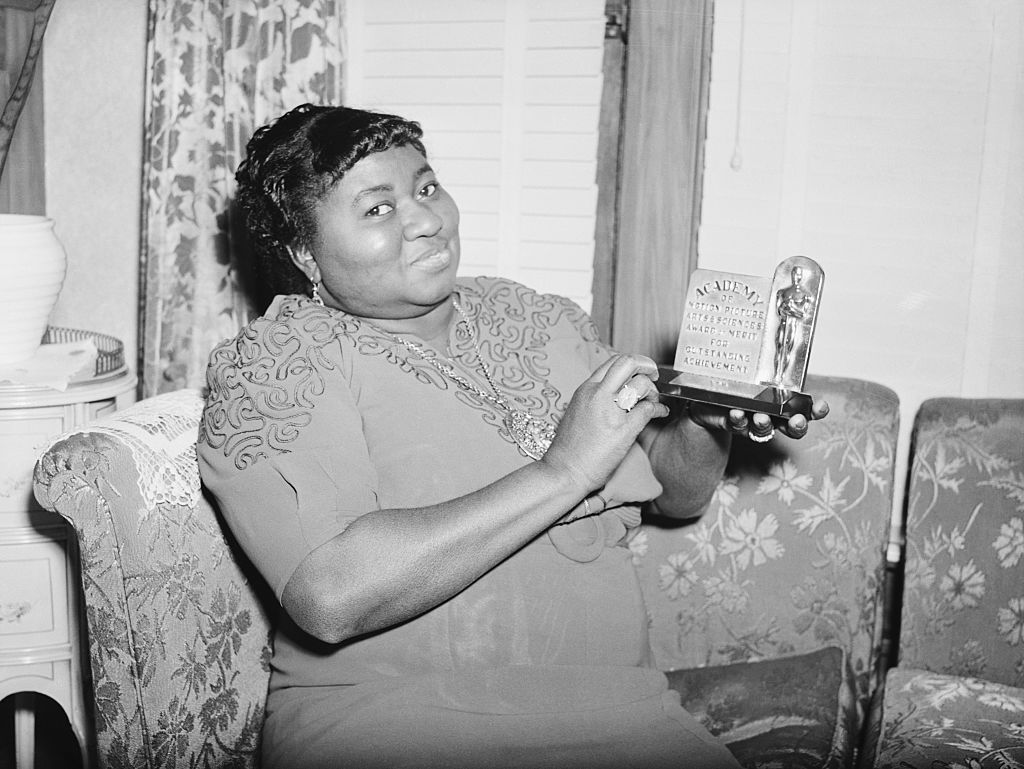
Early Hollywood was a hotbed of lesbian activity, as Silver Screen stardom was one of a very small number of ways for queer women to generate enough wealth to live independently, build thriving lesbian social lives in a liberal environment and eschew traditional expectations to marry young and procreate. Many bisexual stars of the era had relationships with both men and women, some had lavender marriages sold to tabloids as juicy romances, and most had a very good time. Called “The Sewing Circle,” this group of possibly-gay-or-bisexual women encompasses a major swath of the era’s top talent, and documentation of their activities comes from a variety of sources. Thus, the first three decades of Oscar nominations are dripping with “maybe” to “definitely but unconfirmed” lesbian and bisexual women, none of whom ever personally confirmed their own gayness.
The first-ever actress to win a Lead Actress trophy was Janet Gaynor in 1927/28 for 7th Heaven, Street Angel and Sunrise: A Song of Two Humans. Gaynor has been linked romantically to Broadway’s Peter Pan, confirmed bisexual Mary Martin, and it has been said of Gaynor that “Janet Gaynor’s husband was Adrian, but her wife was Mary Martin.” Janet Gaynor was also nominated in 1938 for A Star is Born.
In 1930, bisexual actress Marlene Dietrich was nominated for Lead Actress for Morocco — a film that marked the first time in film history that two women shared a kiss onscreen.
In 1939, Hattie McDaniel, who was rumored to have had relationships with women, became the first-ever person of color to win an Oscar for acting for Gone With The Wind. If Hattie McDaniel was gay for real, she’s the first queer person of color to win an Oscar for acting and Ariana DeBose is the second. But we’ll never know for sure, so!
Almost definitely bisexual Katharine Hepburn was nominated for 12 Academy Awards for Lead Actress between 1934 and 1982, and won four.
Other probably-queer actors who earned acting nominations or wins in the 1930s-1950s include Greta Garbo, Jeanne Eagels, Billie Burke, Edna May Oliver, Claudette Colbert (who won for It Happened One Night in 1934), Barbara Stanwyck, Jean Arthur (another former Peter Pan), Spring Byington, Joan Crawford (who won for Mildred Pierce in 1945), Elsa Lanchester and Ethel Waters. (Waters, who was 100% queer for sure, was also the second Black actress nominated for an Academy Award.)
In 1966, actress Sandy Dennis, who allegedly had “many lesbian relationships,” won Best Supporting Actress for playing Honey in the film adaptation of gay playwright Ed Albee’s Who’s Afraid of Virginia Woolf?
Eva Le Gallienne, another member of the Hollywood “Sewing Circle,” got her first nomination for Resurrection in 1980, making her the then-oldest nominee. She was definitely a lesbian but refused to confirm it.
The Out or Eventually-Out LGBTQ+ Nominees For Lead and Supporting Actress Oscars of the 1970s – present
Tatum O’Neal, 1974
Tatum O’Neal was a literal child when she won a Supporting Actress Oscar for “Paper Moon” in 1974 — the youngest winner in Oscars history. O’Neal came out in 2012, making Tatum O’Neal the first eventually-out queer actress to win an Oscar.

Lily Tomlin, 1975
In 1975, Lily Tomlin was nominated for Best Supporting Actress for Nashville. Although she began dating Jane Wagner in 1971 and it was widely known within show business and the LGBTQ+ community that she was gay, she didn’t officially come out to the world until the 2000s.
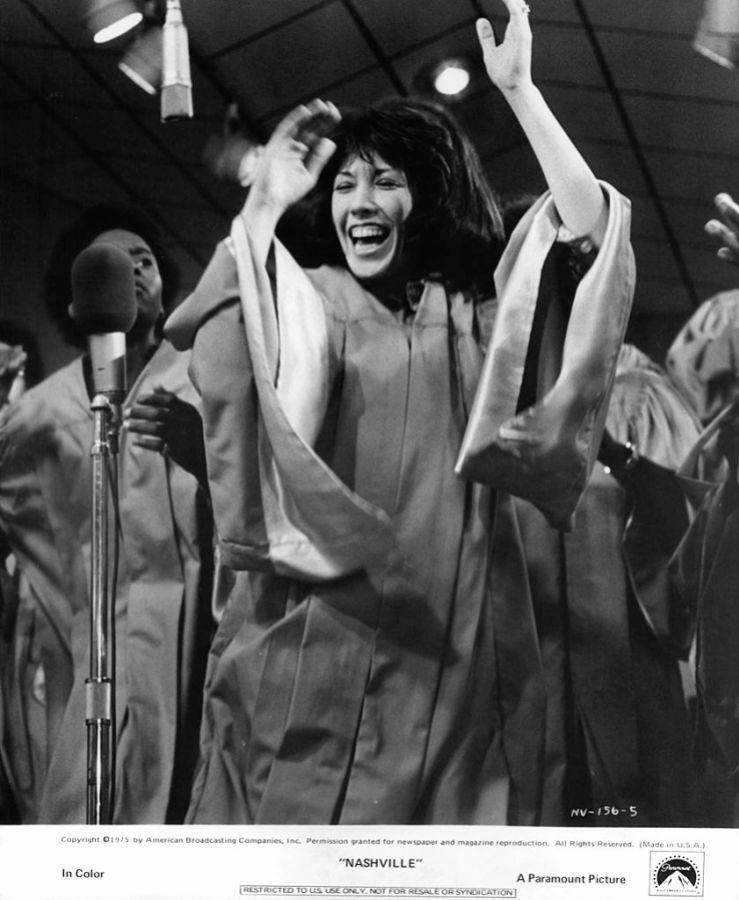
Jodie Foster 1976 – 1995
In 1976, 14-year-old Jodie Foster earned her first nomination for Best Supporting Actress for her role inTaxi Driver. Foster, who was always a tomboy and veered from the typical Hollywood startlet mode, was dogged by lesbian rumors and pressure to come out from the jump.
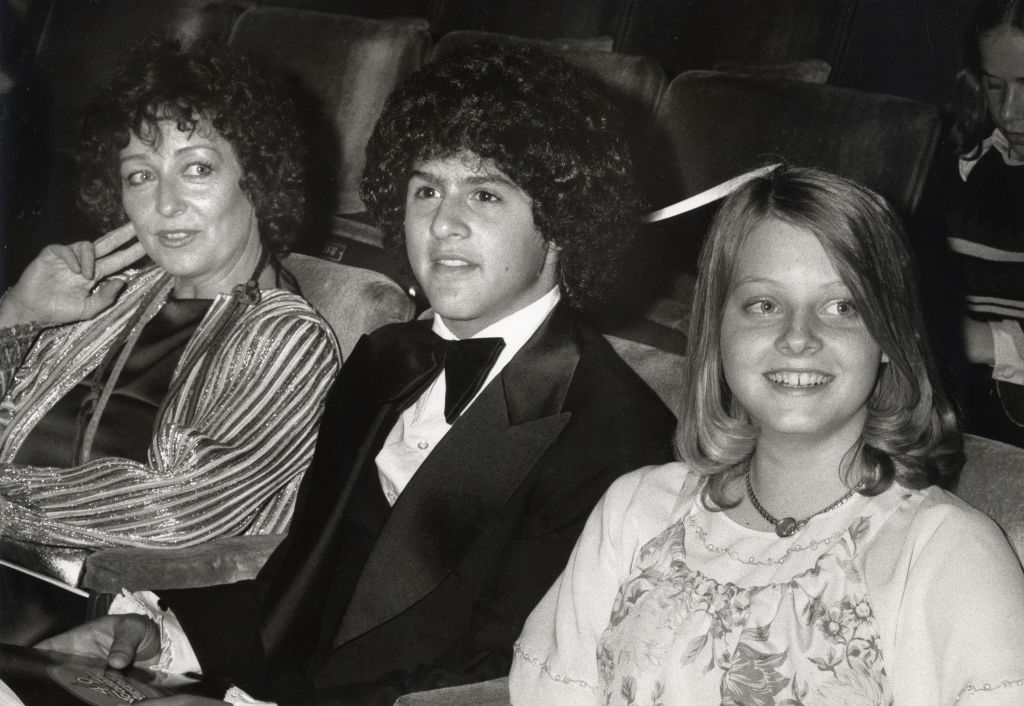
In 1988, Jodie Foster won her first Lead Actress Oscar for playing Sarah Tobias in The Accused. She brought British actor Julian Sands, who she met on the set of the 1987 film Siesta, as her date. This makes her the second eventually-out queer woman to win an Oscar for acting.

In 1991, Jodie Foster won her second Lead Actress Oscar for playing Clarice Starling in The Silence of the Lambs, a film many saw as extremely homophobic. (“The Silence of the Lambs was protested upon its release by cis gay men because Buffalo Bill was read as gay and male,” Drew recently wrote of the film. “But Buffalo Bill is undoubtedly a trans woman.”) Much of that outcry against the film from LGBTQ+ activists held Jodie Foster personally accountable for being both in the closet and in the movie.
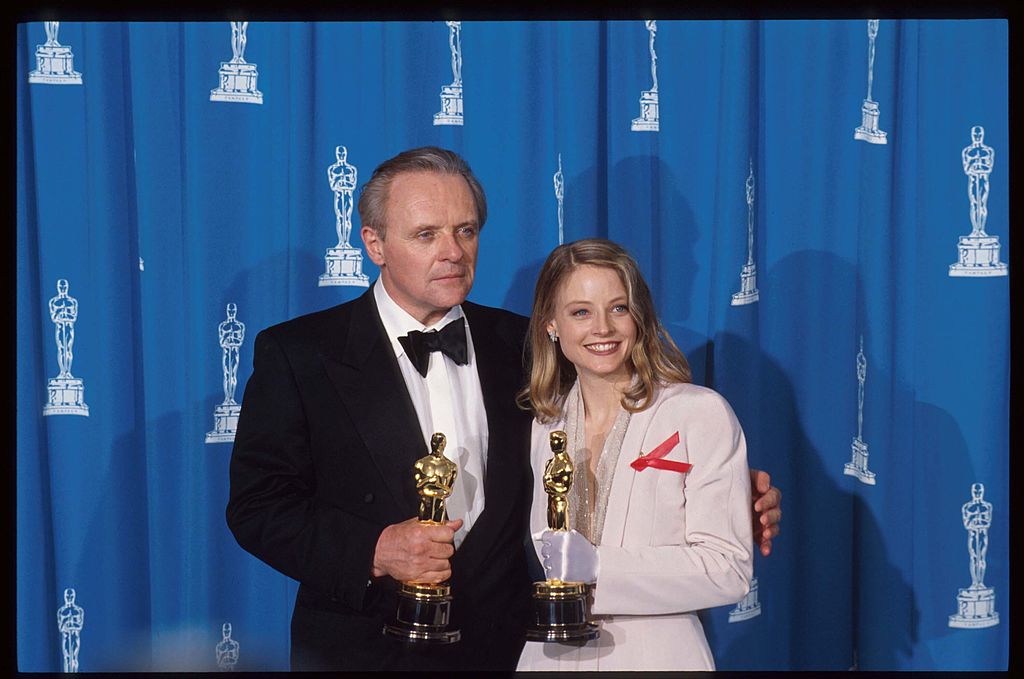
In 1993, Foster began dating Cydney Bernard, and they eventually would have two children together. They broke up in 2008. (Foster is now married to Alexandra Heddison.)
In 1995, Jodie Foster was nominated for Lead Actress for Nell, and brought her gay friend Randy Stone as her date. Stone’s film Trevor, about the suicide of a gay teen, won an Oscar that year, and inspired the founding of The Trevor Project.
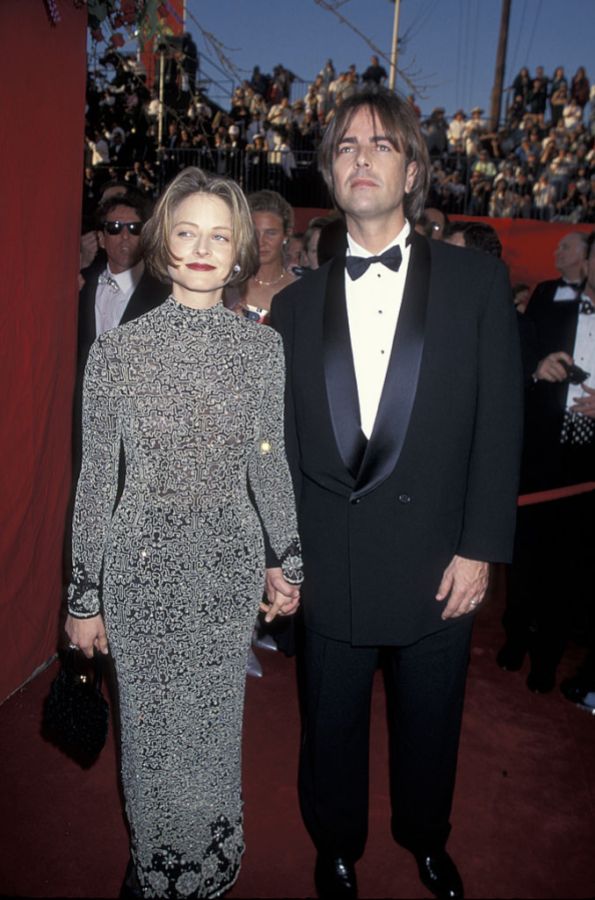
In 2007, Foster publicly acknowledged her relationship with Cydney in a speech at a “Women in Entertainment” luncheon, but her “official coming out” is generally cited as her 2013 Golden Globes speech. We’ll get back to Jodie Foster later in this post.
Linda Hunt, 1983
Linda Hunt won Best Supporting Actress for The Year of Living Dangerously in1983, in which Hunt, who is white, played a Chinese-Australian man. Both Hunt and the character she played have dwarfism. Her physical transformation into the role married drag with “yellowface,” which included prosthetics to alter the appearance of her eyes. She’s among the nine white actors who’ve been nominated for playing East, Southeast or South Asian characters.
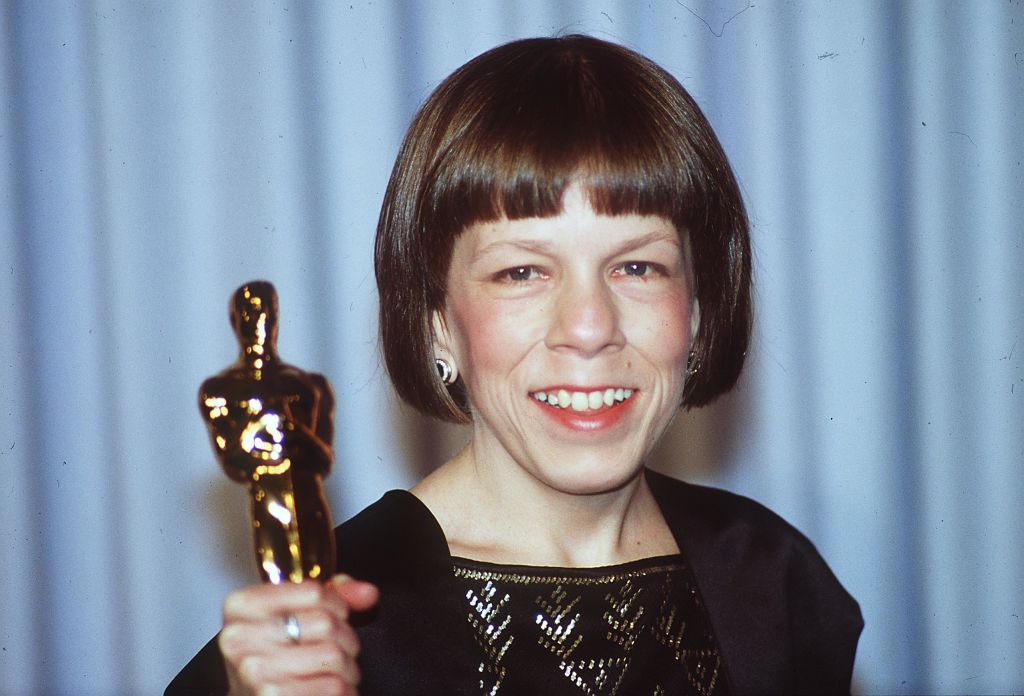
Hunt began dating her now-wife, psychotherapist Karen Kline, in 1978, but it appears she was not officially out until the 2000s.
Anna Paquin, 1994
Anna Paquin was 11 when she became the second-youngest ever Oscar winner, winning Best Supporting Actress for The Piano in 1994. Paquin came out as bisexual in 2010.
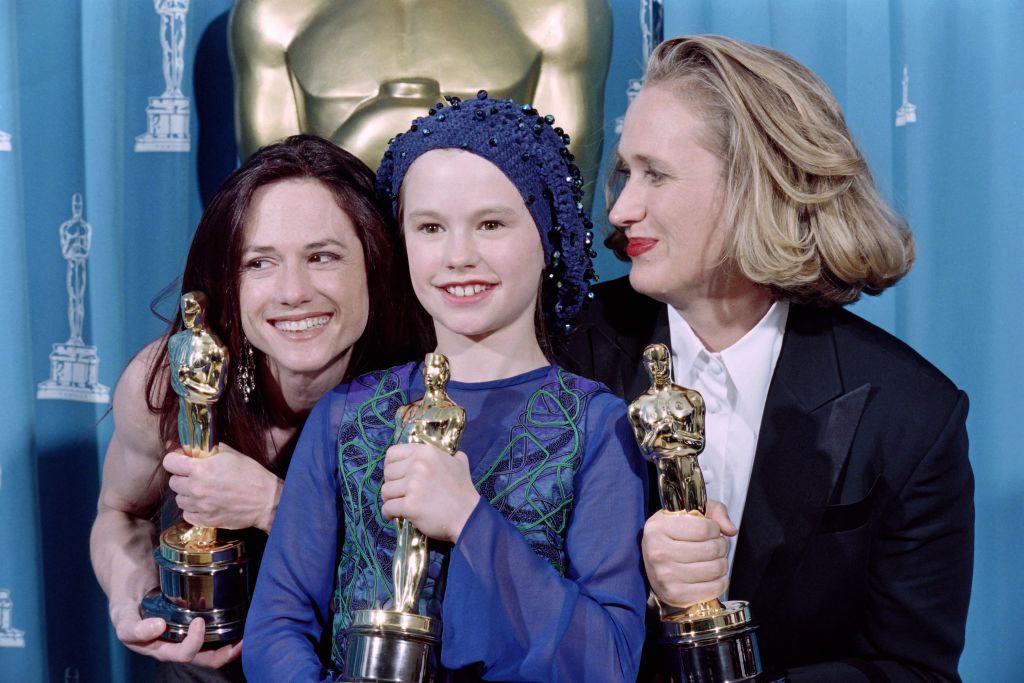
Angelina Jolie, 1999
Angelina Jolie was the first openly queer woman to win or be nominated for an Oscar for acting when she won Best Supporting Actress for Girl Interrupted in 1999. Depending on how you read her character, she could be considered the first openly queer woman nominated for playing a queer or trans role, and the only one until Stephanie Hsu’s nomination in 2023, which was followed by Jodie Foster’s in 2024. (We’ll get there later in this post.)
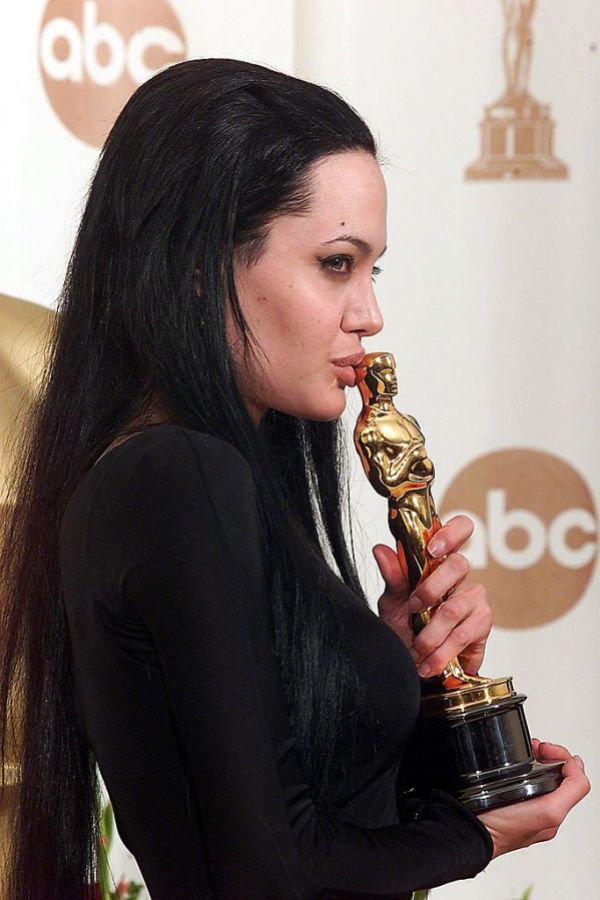
But that’s not all! The first openly-queer person to be nominated for acting was Nigel Hawthorne in 1995, though the specifics are contestable, as he was outed in the run-up to the ceremony so he technically wasn’t out at the time of the nomination. I’ve also mentioned McKellan (also nominated in 2002) and Davidson.
But none of these guys won, which I think makes Angelia Jolie the first openly queer person to win an Academy Award for acting.
Jolie dated Jenny Shimizu while they worked together on Foxfire in 1996, and never shied away from identifying as bisexual, telling Girlfriends in 1997 that “I probably would have married Jenny Shimizu if I hadn’t married my husband. I fell in love with her the first second I saw her.”
Jolie was also nominated for Best Lead Actress for Changeling in 2008.
Queen Latifah, 2003
In 2003, Queen Latifah was nominated for Best Supporting Actress for Chicago. (A role which was arguably queer-coded!) The degree to which Queen Latifah is out or not has been a consistent topic of heated debate in our community, but we can safely say she was not out at this time and that she is out now. This makes her the first eventually-out actress of color nominated for an Oscar.
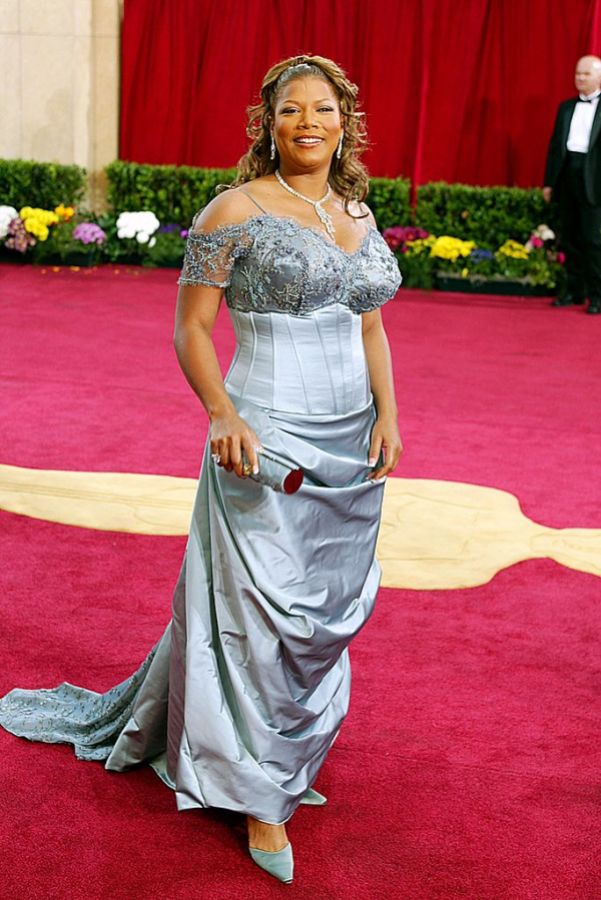
Elliot Page, 2007
In 2007, Elliot was nominated for Best Lead Actress for Juno. Page came out as gay in 2014, and then came out as a queer trans man in 2020. He was the first transgender Oscar nominee for acting, although nobody knew he was trans when he was nominated. Meanwhile, eight cisgender people have been nominated for playing transgender characters, two of whom won.
Lady Gaga, 2018
In 2018, openly bisexual actress/musician Lady Gaga was nominated for Lead Actress for A Star is Born. This makes her the second openly queer actor nominated for an Academy Award for acting. She didn’t win for acting, but she did win for Best Original Song.
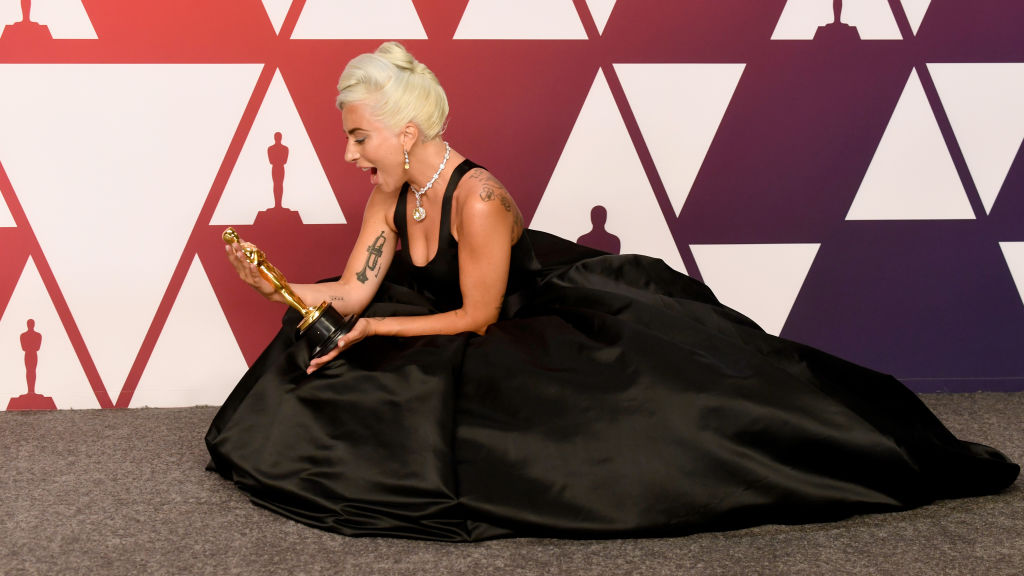
The first openly queer woman to win Original Song was Melissa Etheridge in 2006.
Cynthia Erivo, 2019
In 2019, actress/singer/songwriter Cynthia Erivo was nominated for Best Lead Actress for Harriet. She came out in August 2021, telling The Standard, “I am queer… I have never felt like I necessarily needed to come out just because no-one really asked.” This makes Erivo is the first eventually-out queer woman of color nominated for Lead Actress.
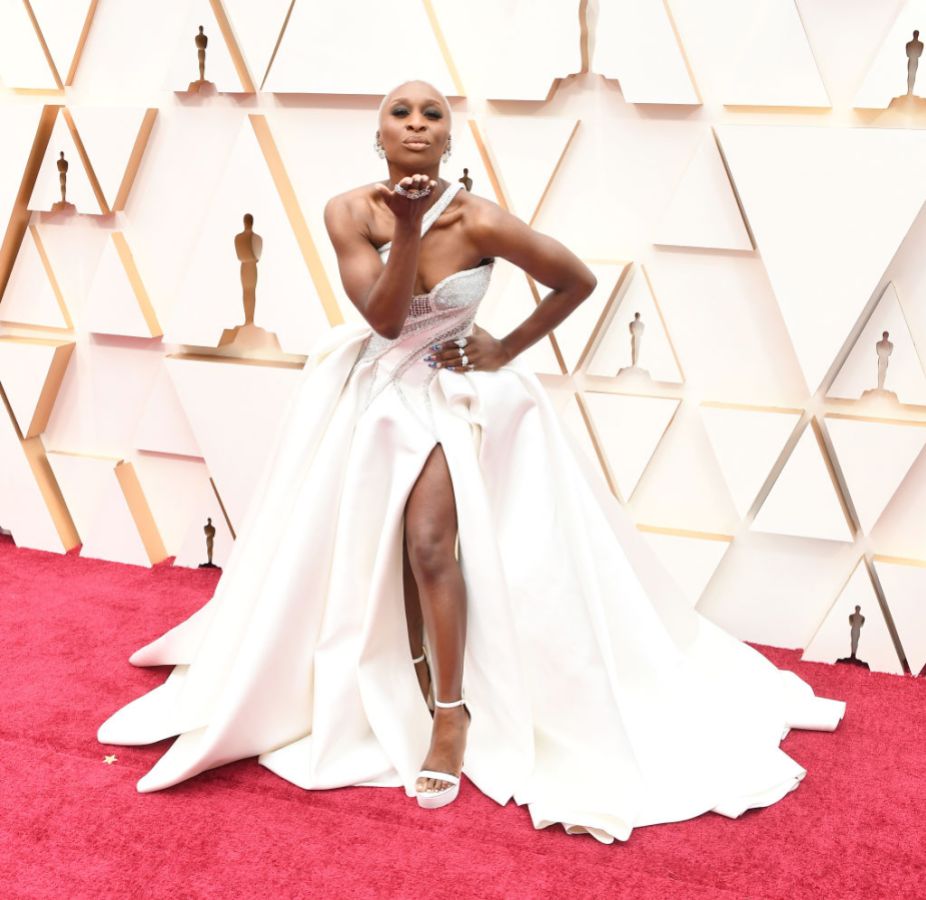
Ariana DeBose, 2022
In 2022, Ariana DeBose won Best Supporting Actress for West Side Story. This made her the first openly queer woman of color, and the second Afro-Latina, nominated for an acting Oscar, and the first openly queer woman of color to win an Oscar for Acting.
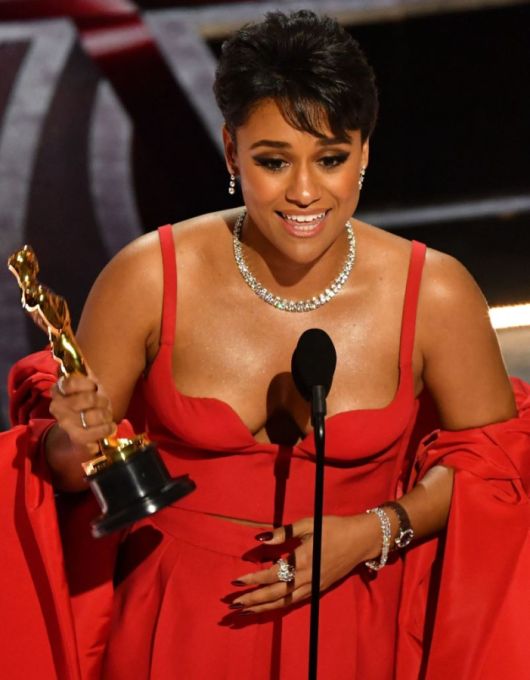
She is also the first Afro-Latina and the second Latina woman to win an Oscar for Acting, and she won it for the same role Rita Moreno won it for in 1962. (Some count Mercedes Ruehl amongst Latina winners because her Grandmother is Cuban, which would make Ariana the third winner.)
Kristen Stewart, 2022
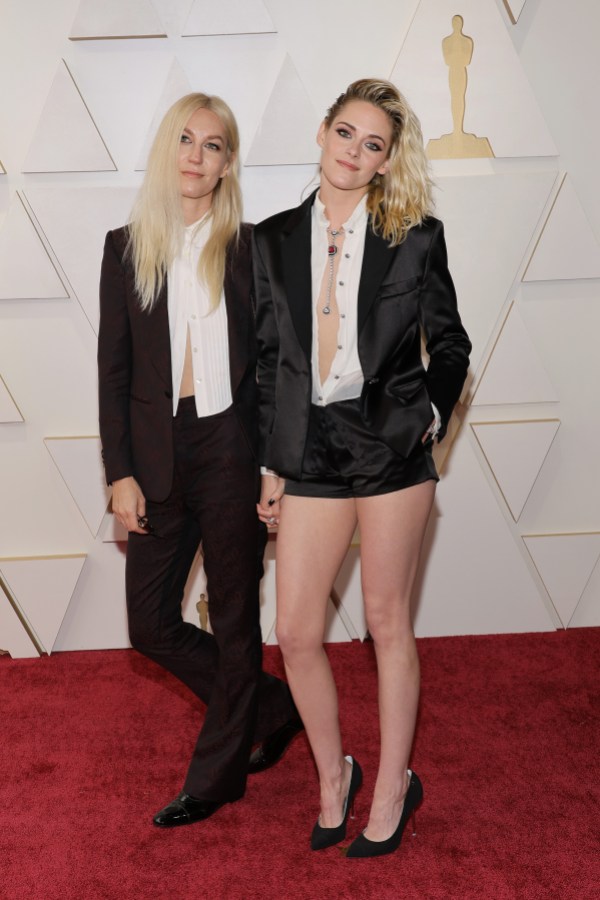
In 2022, openly queer actress Kristen Stewart was Nominated for a Lead Actress Oscar for Spencer, which I enjoyed quite a bit. That year, both Stewart and Ariana DeBose were the first female nominees to bring female dates to the Oscars.
Stephanie Hsu, 2023
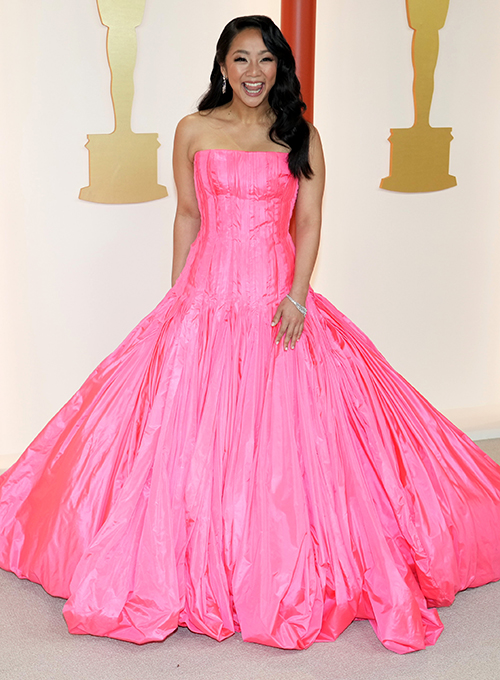
In 2023, queer actress Stephanie Hsu was nominated for Best Actress in a Supporting Role for playing a queer role in Everything Everywhere All At Once. While she didn’t win (the award went to her co-star Jamie Lee Curtis), Everything Everywhere All At Once did become the first film centered on a queer woman’s story to win Best Picture. Hsu is the first Asian-American queer woman nominated for an Oscar.
Jodie Foster, 2024
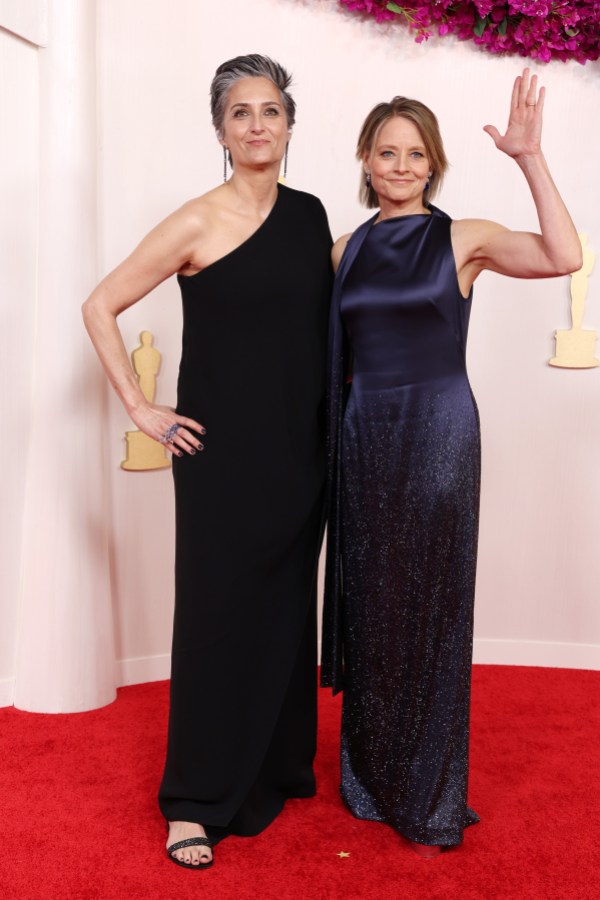
And as so many things do, we return now to Jodie Foster — who is now fully out, in a relationship with Alexandra Heddison, and seemingly thriving. In 2024, she was nominated for Best Actress in a Supporting Role for playing Bonnie in Nyad, which is the first time Foster has played such a truly astoundingly gay part.
Lily Gladstone, 2024

The 2024 nominees for Actress in a Leading Role were incredibly queer. Three straight actors were nominated for playing queer roles: Emma Stone (Poor Things), Sandra Hüller (Anatomy of a Fall) and Annette Benning (Nyad). Carey Mulligan’s nominated for playing the wife of gay composer Leonard Bernstein in Maestro. Then we had the biggest milestone nomination of the year: Lily Gladstone for Killers of a Flower Moon.
Gladstone is amongst a very small group of Indigenous actors nominated for an Academy Award for acting, which is particularly shameful when you consider Hollywood’s rich legacy of redface and the Oscars’ appetite for white savior narratives. In 2019, Yalitza Aparicio became the first Indigenous and second Mexican woman nominated for a Best Lead Actress award. Gladstone was the second.
Gladstone identifies as a member of the LGBTQ+ community and uses she/they pronouns, and told People that doing so is their own way of decolonizing gender, because in Blackfeet there are no gendered pronouns. Gladstone told The New York Times, “It’s kind of being middle-gendered, I guess. I’ve always known I’m comfortable claiming being a woman, but I never feel more than when I’m in a group of all women that I’m not fully this either.”
The award ended up going to Emma Stone, for playing the queer character Bella Baxter in Poor Things.
Zoe Saldaña, 2025
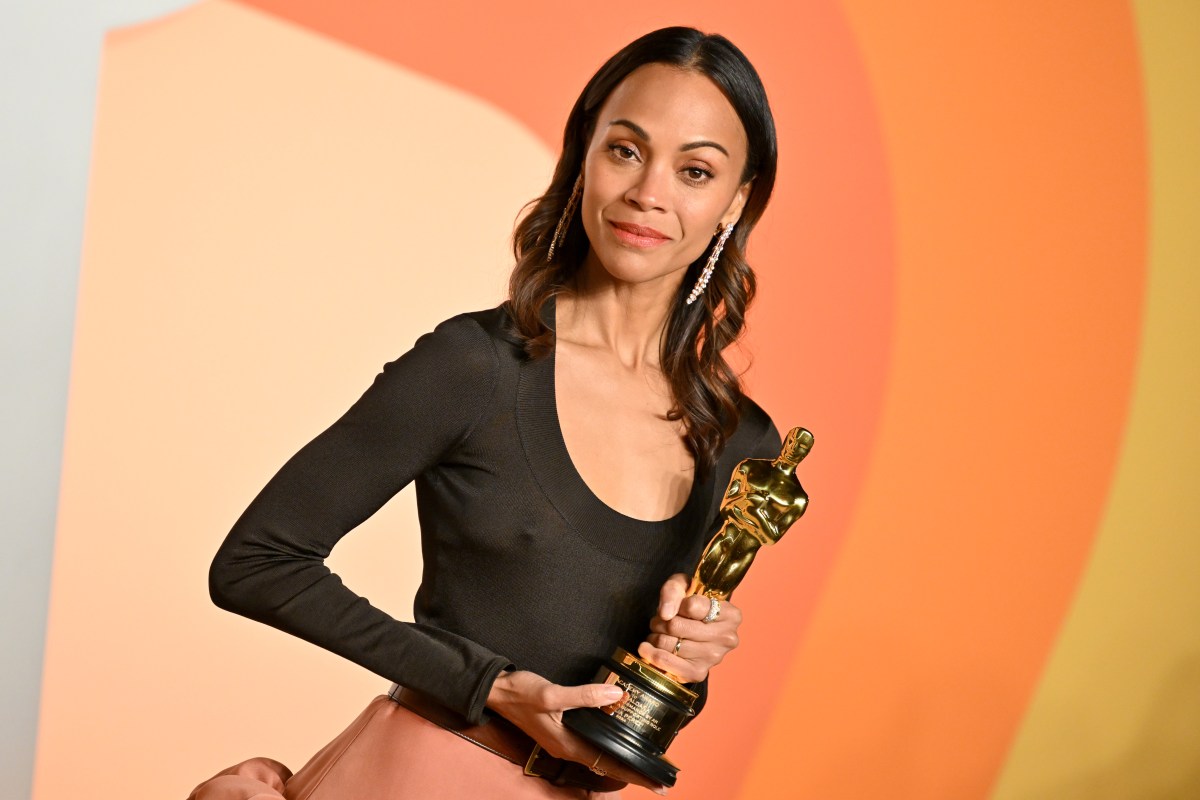
Does Zoe Saldaña count as a queer woman? This is hard to say! In 2013, Zoe Saldaña spoke about being open to relationships with both men and women in a cover story for Allure Magazine. Since that time, her sexual fluidity hasn’t been at the forefront of her personal narrative — but in a January 2025 interview, Saldana says that her first kiss was a girl, girls are such better kisses, and that she’s attracted to feminine men and masculine women. If yes, then let us take note that she won Best Supporting Actress for Emilia Perez.
Karla Sofía Gascón, 2025
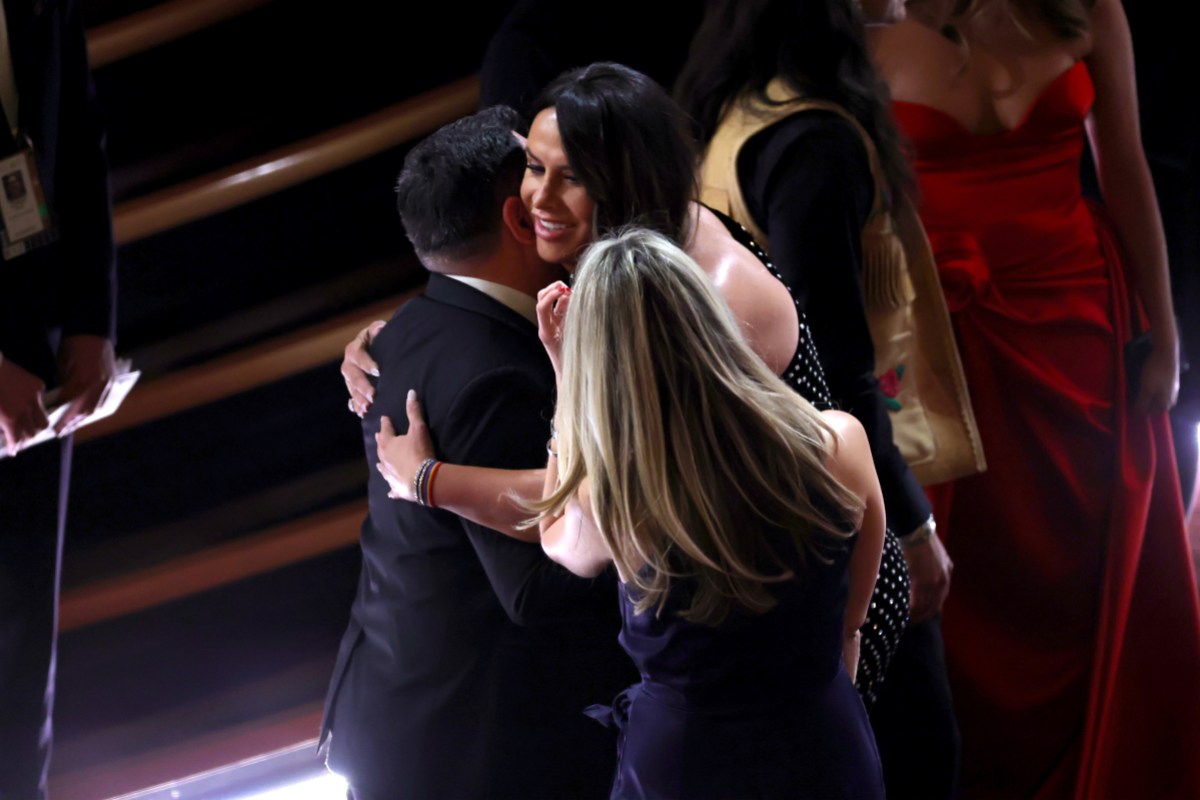
Welp, this was supposed to be a big fucking deal — Gascón, a trans lesbian, was the first out trans performer nominated for an Academy Award when she got her nod for playing the titular role in Emilia Perez, a musical about a Mexican trans woman and former drug lord who fakes her death and abandons her family to transition and leave the cartel, performed in Spanish and in English, written by a white cishet French man who has openly expressed a disinterest in learning anything about Mexico. Perez’s character is also a trans lesbian! Fantastic! Unfortunately, Emilia Perez was bad, and also did not sit particularly well with Mexican moviegoers or trans people. This didn’t stop her from winning the Golden Globe. But even more unfortunate was a journalist digging up a vile, viciously racist tweet history from Gascon, much of it extremely recent, which definitely torched any chance Gascón had at taking home a trophy — as it should.
Cynthia Erivo, 2025
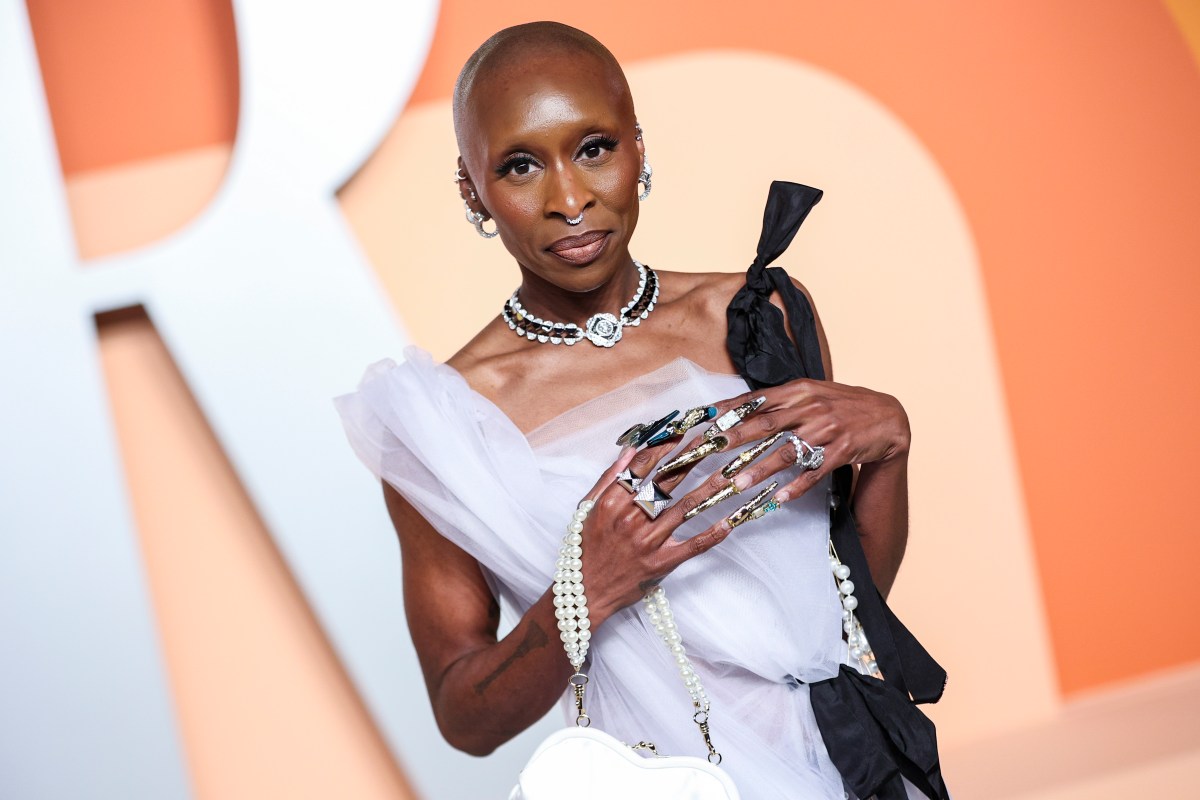
Cynthia Erivo’s second nomination for Best Lead Actress — this time for her stunning turn as Elpheba, the future Wicked Witch of the West, in blockbuster musical Wicked — comes when she is in fact very out as a queer woman (and holding space for the lyrics etc). While Elpheba is not a queer character technically, she sure does feel that way, and obviously basically the entire cast is gay. Cynthia’s nomination made her the first out queer Black woman to be nominated for a Lead Actress. Impressively she is also the first eventually-out queer Black woman nominated for Lead Actress when she was nominated for Harriet.
In total, this list of LGBTQ+- related acting nominees now contains:
- Ten people who were openly LGBTQ+ at the time of their nomination for Lead or Supporting Actress (Karla Sofía Gascón, Cynthia Erivo the second time, Ariana DeBose, Kristen Stewart, Angelina Jolie, Stephanie Hsu, Jodie Foster, Lily Gladstone, Lady Gaga, and Zoe Saldaña), of whom three won while out (Ariana DeBose, Angelina Jolie, and Zoe Saldaña).
- Eight people who were not openly LGBTQ+ at the time of their nomination for Lead or Supporting Actress, but are now, one of whom was nominated five times (Jodie Foster).
- Since 1999, 30 straight cisgender women who have been nominated for playing lesbian, queer, trans or bisexual roles. Five have won.
- Five cis men and one cis woman nominated for playing trans women, two cis women nominated for playing trans men, and one trans woman nominated for playing a trans woman.
- 17 now-dead women who may have been LGBTQ+ according to historians but never personally identified that way themselves on the official record.
- Three queer women nominated for playing queer roles — Stephanie Hsu for Everything Everywhere All At Once, Jodie Foster for NYAD and Karla Sofía Gascón for Emilia Perez.
- Arguably, Angelina Jolie was also nominated for playing a queer role and did win, depending on how you read her character in Girl Interrupted.
this post was originally written in 2022 and has been updated for 2025







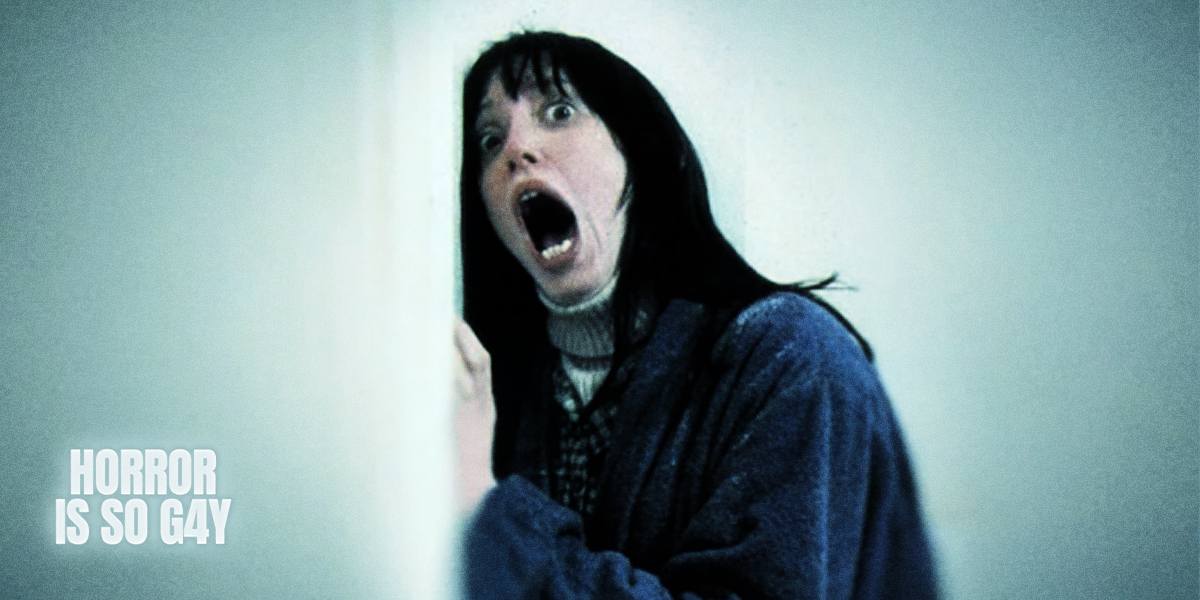
Comments
Janet Gaynor?! The little girl from paper moon?! Cynthia Eviro?! How come nobody told me this?!
(Thanks for this Reese.)
I never knew if Cynthia Erivo was out, but I always felt like she was queer or I suffered from wishful thinking. Thank you Reese for clarifying.
PS did anyone else notice that she and Lena Waithe appear to be each other’s date for the Oscars?
If only they’d taught Gay Math in school…
I never knew if Cynthia Erivo was out, but I always felt like she was queer or I suffered from wishful thinking. Thank you Reese for clarifying.
PS did anyone else notice that she and Lena Waithe appear to be each other’s date for the Oscars?
Sorry replied to wrong comment
My favourite type of content, thank you
And Angelina’s character in Girl Interrupted is definitely queer! Did you see her face when Winona kissed her, like “what took you so long?” This was a very important moment for me growing up.
when i re-watched in in 2018 i was honestly SHOCKED like wait what! i remember it being a homoerotic movie (i saw it in the theaters when it came out by myself)
but it yes seemed so gay but like why isn’t her character talked about as gay in the same way that like, Legs is in Foxfire???
I recently read this interview with Tilda Swinton which makes it pretty clear she’s not queer in the way that we’re interested in. She says it’s nothing to do with her sexual life, just to do with feeling like an outsider. Which I think is a little rich coming from someone so dazzlingly rich and white and well-supported but ok! I don’t know her interiority.
– https://www.theguardian.com/film/2022/jan/07/tilda-swinton-my-ambition-was-always-about-having-a-house-by-the-sea-and-some-dogs
There are other interviews where she sounds non-binary or genderqueer (using she because she’s never claimed other pronouns AFAIK). “I don’t know if I could ever really say that I was a girl,” she says. “I was kind of a boy for a long time. I don’t know, who knows? It changes.” Which probably was quite othering and made her feel like an outsider growing up in upper class 1960s and 70s UK.
this is very annoying!!!!! can she just come up with a different word !!! also though like how dare she or anybody not be gay
@Riese – I’m going out on a limb here and say I’m guessing she is trans (or gender fluid) and men-loving i.e. gay, but non-transitioning (Non-transitioning and trans in the sense that some butches are).
She is obviously not a poser, her involvement with the gay male community is real and started early. Back then, she was not seen as an ally but an acknowledged part of said community, without having words to explain in what way.
Swindon was born in 1960. In her generation, coming out as a non-transitioning, gay, trans man would have been de facto impossible. At the time most people didn’t know that trans men existed, and the idea of a gay trans man would have been unintelligible even as a joke.
Lou Sullivan came out semi-publicly to the medical establishment as the “first” gay trans man in 1988, but before that he was denied transition for several years because he was gay. This was because through transition, doctors only wanted to “heal” homosexuals, not create more of them.
Without the internet, information about Sullivan’s coming out was not internationally available in 1988, small snippets were published only from 2010. His role in fighting for the rights of gay trans men and homosexual transsexuals was only recognized after 2010. Until ca 2005, unbelievably, most people had never heard about gay trans men, or only in the sense of “butch lesbian before transition, gay male after transition”.
Because she looks so young, one should remember that Swinton was 28 in 1988 and 50 in 2010. She is 62 this year.
Especially as Swinton wanted children, transitioning might not have been a choice at all, as castration was mandatory for transsexuals in most EU countries until recently. I know gay trans men with children, but only since the 2010s.
Regarding the use of female pronouns- she is from a generation when gay men commonly addressed each other with female pronouns, and many had female nicknames. This practice was not confined to the drag communities, and stopped only when trans communities became an “official” part of LGBT around the late 1990s or early 2000s. But the older gays still use female pronouns today, so the whole pronoun situation for a gay trans man from her generation is interesting.
“Swindon was born in 1960. In her generation…”
LOL, I was born in 1962, and this comment definitely makes me feel like an exotic (and valuable?) historical artifact!
I am always hyper appreciative of your thorough research on these topics Riese!
Also, “almost definitely bisexual” and “definitely a lesbian but refused to confirm it” need to get added to the official list of sexuality labels.
I love this so much!!!!
Adding one to the ‘unconfirmed but probably’: Paulette Goddard was nominated in 1944 for best supporting actress. She was never out out, but it was allegedly an open secret that she had affairs with women, including (but certainly not limited to) Frida Kahlo. She’s also just a dang delight to watch
there’s a spreadsheet, i know there’s a spreadsheet…
you know it
So you’re saying Ariana DeBose is single?
Yeah, I thought Ariana had a partner now?
She did . Her partner was Sue Makkoo but they broke up last year after being together since 2018 . A cyber stalker got too petty, jealous ,and envious of their relationship . Wouldn’t leave them alone. made them sell their house out of fear for their safety . It was too much pressure so they calls it quits . Sue talks about it a lot on her blog : cvlized.life .
MyPandit- Your Personal astrologer, operating since 2003. We provide Personalised Daily Horoscope, Janampatri, Yearly Reports, Panchang, etc through an online portal. Now available for Google Play Store and iOS Platforms.
https://www.mypandit.com/
Riese, thank you so much for this.
I just felt I took the Gay Hollywood 101 college course. Right now I think I would flunk, need to read it over a few more times to get a passing grade. Amazing compilation.
You really are a wonderful teacher on these subjects!
THANK YOU
WARM HUGS
Agree – The only Hollywood history I ever know is the gay stuff, and it is simply because articles like this
aw thank you that makes me so happy!!!
Thank you Riese! This is the type of well-researched, longer articles that I enjoy a lot on Autostraddle. Keep them coming!
Yay!!! I love to write these kinds of posts so I am thrilled that you love to read them!
Astroera offers the optimal solution for scheduling and fulfilling puja requirements, Online puja services, seeking Pandit consultations for various issues, and conducting religious ceremonies. From online puja reservations to executing Vedic rituals, religious observances, and additional astrology services, all your needs can be met here.
Book the best online puja services, Experienced Pandit online for all types of Poojas at Haridwar with a 100% money-back Guarantee AstroEra has a wide range of online pooja services available, You can book pooja services willing to fulfill your wish …
https://astroera.in/pooja-booking
Discover your future path with a personalized Life Forecast Horoscope at just ₹0.
Online Puja Services are now easier to access than ever. Book experienced pandits near you for Vedic or Hindu pooja and spiritual experiences to your needs.